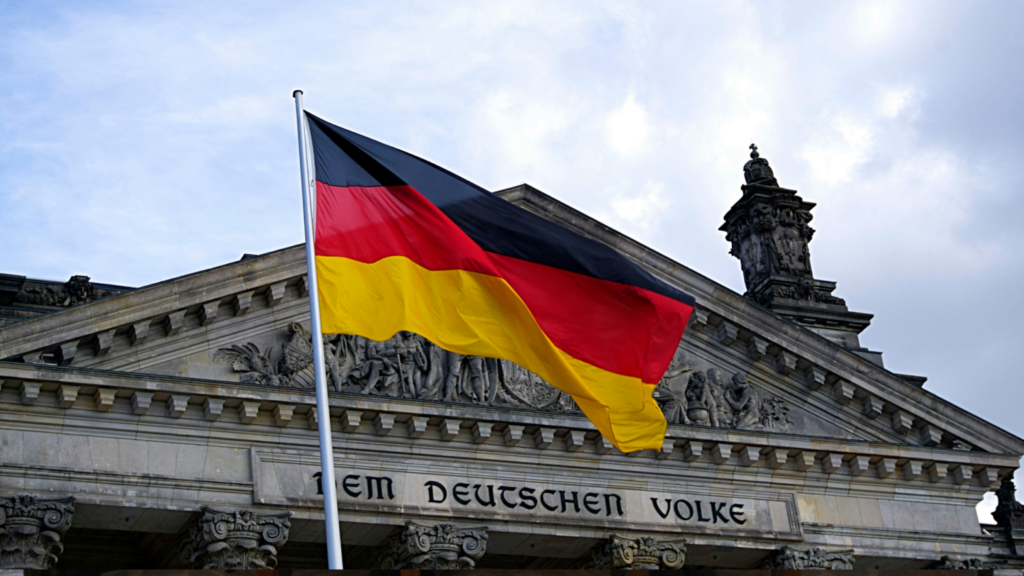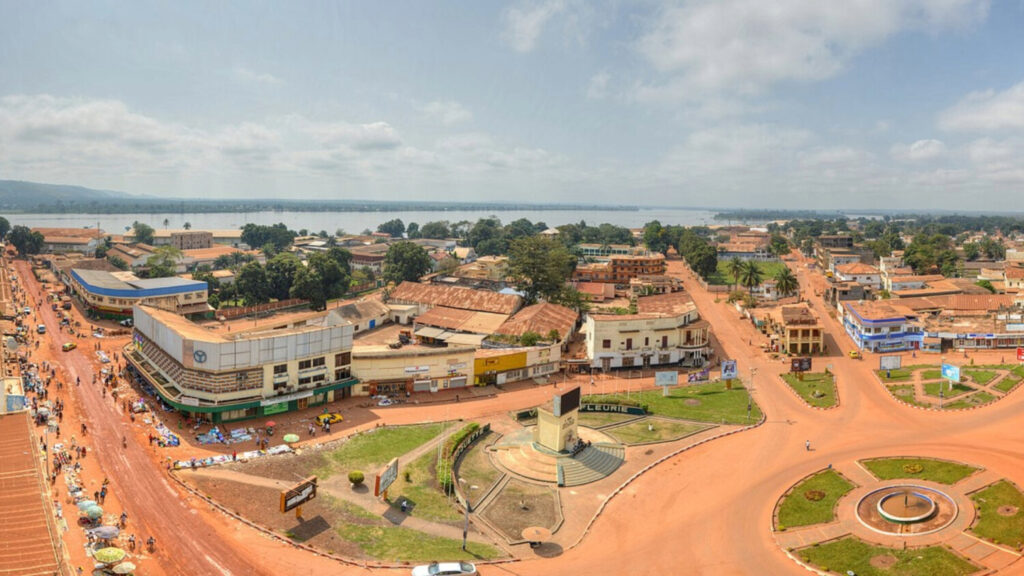Did Western Sanctions Have an Impact on Russia?
Since 2014, tough sanctions have been imposed on Russia after the annexation of Crimea. However, these measures failed to deter, and Russia invaded Ukraine in February 2022, marking a significant change in sanction usage. Currently, Russia is the most sanctioned country, with significant financial and governmental sectors targeted (Luck, 2025). Economists predicted a collapse of the Russian economy following these “unprecedented” sanctions (NYT, 2022), but it has remained stable. To analyse the sanctions’ effectiveness, it’s vital to understand their goals. Norrlöf notes the immediate aim is to halt the war by increasing its financial costs, while the long-term aim seeks to punish Russia by severing its international ties and diminishing its global influence (Norrlöf, 2022).
This article argues that while Western sanctions have not completely isolated Russia, they have limited its capacity to wage war. It will explore two main objectives of the West: first, analysing Russia’s geopolitical isolation, and second, assessing the impact of sanctions on its military capabilities.
Have Sanctions Isolated Russia?
Firstly, there have been numerous resolutions in the United Nations which have publicly condemned Russia’s invasion of Ukraine and violated its territorial integrity (Andrékó, 2024). However, this has not stopped Russia or other nations from engaging with each other, especially nations from the Global South. While 40 countries have sanctioned Russia, two-thirds of the world’s population have not, and the best case is China (Sabanadze, 2024).
Since the invasion of Ukraine, Russia and China have become strong aligned partners: trade turnover between Russia and China reached a record $237 billion in 2023, representing more than 70 percent growth compared to trade levels in 2021 (Luck, 2025). In addition, China provided more than “90% of all Russian semiconductor imports,” with more than half being Western. Russia has also devised solutions to continue shipping crude oil, such as a growing “shadow fleet” of tankers that work “outside of Western sanctions (Luck, 2025).” Some have also begun to describe the closeness of Russia, China, Iran and North Korea as a ‘loose entente’ (Chivvis, 2025).
India has also been vital in helping the Russian economy not be affected by the sanctions, as President Modi continues to play a Balancing Act between the West and the East despite immense pressure from the West for India to openly oppose Russia (Prokopenko, 2025; Spektor, 2023). Therefore, “as long as India and China do not support” or align themselves with Western international politics, there is no chance that Russia can be isolated in political and economic terms (Andrékó, 2024). As Philip Luck (2025) stated: “The sanctions have precipitated a remarkable reorganisation of the global economic order.” Therefore, it is fair to argue that the sanctions have not achieved isolating Russia, at least economically, from other nations, but have instead created a “new global economic order.”
Moreover, the most recent BRICS Summit in Kazan showed that Russia is everything but politically isolated. Thirty-two heads of state attended the summit, and the United Nations Secretary-General was also present (Meyer et al., 2024). This tells us that nations are willing to engage in diplomatic talks with Russia and improve their economic position through Russia. In addition, the BRICS organization has only grown stronger as more nations from the Global South are interested in joining it despite Russia being a founding member. For example, an estimated 40 countries have expressed interest in joining BRICS; and states such as Ethiopia, the United Arab Emirates, Egypt, Iran, and Indonesia have joined BRICS while the war in Ukraine has continued (Andrékó, 2024). Several other nations are due to enter, such as Saudi Arabia, Vietnam, Pakistan and Turkey, which are all up-and-coming key economic states (Patrick, 2024).
Thus, this tells us that not only have sanctions failed to isolate Russia in the international arena, but they have also brought Russia and other autocracies even closer, which could come back to haunt the West in the near future. As shown above, sanctions have not isolated Russia; they have made Russia look outwards and improved its relationship with the Global South, which will only bring benefits considering how fast the Global South is developing.
Russia’s Ability to Wage War
While Russia has gained a substantial amount of Ukrainian territory since 2022, there is the fundamental question of whether the sanctions on Russia have affected its ability to wage war against Ukraine. This section of the article will argue that the sanctions have played a crucial role in affecting Russia’s ability to fight in Ukraine and that they have affected domestic production inside Russia, ultimately giving Russia a war economy.
The graph above shows that the Russian economy is doing reasonably well, considering it’s the most sanctioned country in the world. However, this is because the Russian economy is on a war footing. Financial Times reported that the only reason the economy is performing well, unemployment is low, and wages are rising is that “any economy on a full mobilisation footing can produce such outcomes (Sandbu, 2025).” The initial wartime growth in GDP is slowing down. As seen above, the second and third quarters of 2024 show that Russian GDP growth has slowed. According to Prokopenko (2025), defence industries are still increasing at far slower rates than in 2023; thus, ‘the Russian economy is hitting a wall’.
The sanctions have strained “production capacity,” and Russia “has a workforce deficit (Prokopenko, 2025).” Industries also run at 81% capacity, up from 60% of pre-war estimates, and 73% of enterprises state labour shortages (Prokopenko, 2025). Furthermore, consumer demand is rising due to the government’s robust war-related spending and more lavish spending by households gaining from strong wage growth in both the military and civilian sectors, which is now demanding further ‘imports’ and the need for additional “foreign currencies” is hurting the Ruble; thus “inflation” is on the rise (Prokopenko, 2025). All these factors limit Russia’s ability to fight the war in Ukraine, as it will have to eventually ease military spending to provide more on the domestic front if Putin wishes to ensure his regime stays secure.
In addition, the former US Commerce Secretary reported that due to the intense sanctions by the West and the reduced number of “semiconductors” coming into Russia, the Russians have had to use “semiconductors that they took out of dishwashers and refrigerators” to use their “military equipment (Sonnenfeld, 2022, p.43-44).” Sanctions have also increased the financial burden of the war and decreased its effectiveness, which is demonstrated by the Russian army’s reliance on munitions supplies from North Korea and Iran; hence, one of the consequences of sanctions is Russia’s “poor performance” in its military activity in Ukraine (Giumelli, 2024, p.223-24).
All of these factors above indicate that the sanctions have affected military production and efficiency in Russia, in which Russia had to rely on other nations to continue the war in Ukraine, and put additional strains on its economic capacity. Therefore, there could be early signals that the Russian economy is beginning to show cracks in its ability to fight this war. It could also be a strong negotiating point for the West if a potential peace deal will be reached.
Conclusion
This article shows that sanctions on Russia have been somewhat successful. The West has limited Russia’s ability to wage war by affecting its domestic industries and restricting the military’s resources in the Ukraine conflict. However, the West has not isolated Russia, which has become more self-sufficient and improved ties with the Global South, emerging as a strong economic competitor. Ultimately, the sanctions help protect Ukraine but fail to achieve the long-term goal of isolating Russia geopolitically, aiding Putin’s hold on power.
Bibliography
Andrékó, G. (2024). The Question of International Isolation of the Russian Federation. Nemzetbiztonsági Szemle. Doi:10.32561/nsz.2024.4.10
Chivvis, C. (2025). The Fragile Axis of Upheaval. Foreign Affairs.https://www.foreignaffairs.com/china/fragile-axis-upheaval
Giumelli, F. (2024). A Comprehensive Approach to Sanctions Effectiveness: Lessons Learned from Sanctions on Russia. European Journal on Criminal Policy and Research. https://link.springer.com/article/10.1007/s10610-024-09585-x
Luck, P. (2025). How Sanctions Have Reshaped Russia’s Future. Center for Strategic and International Studies. https://www.csis.org/analysis/how-sanctions-have-reshaped-russias-future
Meyer, H., Cele, S., and Iglesias, S. (2024). Hosting BRICS Summit of World Leaders, Russia Shows West That It’s Not Isolated. Time. https://time.com/7095792/russia-brics-summit-world-leaders-putin/
New York Times. (2022). Sanctions Are a Form of War. It’s Time we Recognise That. New York Times. https://www.nytimes.com/2022/04/01/opinion/ezra-klein-podcast-nicholas-mulder.html
Norrlöf, C. (2022). The New Economic Containment: Russian Sanctions Signal Commitment to International Order. Foreign Affairs. https://www.foreignaffairs.com/articles/ukraine/2022-03-18/new-economic-containment
Patrick, S. (2024). BRICS Expansion, the G20, and the Future of World Order. Carnegie Endowment for International Peace. https://carnegieendowment.org/research/2024/10/brics-summit-emerging-middle-powers-g7-g20?lang=en
Prokopenko, A. (2025). Putin Is Not Yet Desperate. Foreign Affairs. https://www.foreignaffairs.com/ukraine/putin-not-yet-desperate
Sabanadze, N. (2024). Russia is using the Soviet playbook in the Global South to challenge the West – and it is working. Chatham House. https://www.chathamhouse.org/2024/05/russia-using-soviet-playbook-global-south-challenge-west-and-it-working
Sandbu, M. (2025). Russia’s War Economy is a House of Cards. Financial Times. https://www.ft.com/barrier/corporate/bc2beb02-953b-4796-af75-2479bd03a5d4
Sonnenfeld, J., et al., (2022). Business Retreats and Sanctions Are Crippling the Russian Economy. Yale Chief Executive Leadership Institute. http://dx.doi.org/10.2139/ssrn.4167193
Spektor, M. (2023). In Defense of the Fence Sitters: What the West Gets Wrong About Hedging. Foreign Affairs. https://www.foreignaffairs.com/world/global-south-defense-fence-sitters



